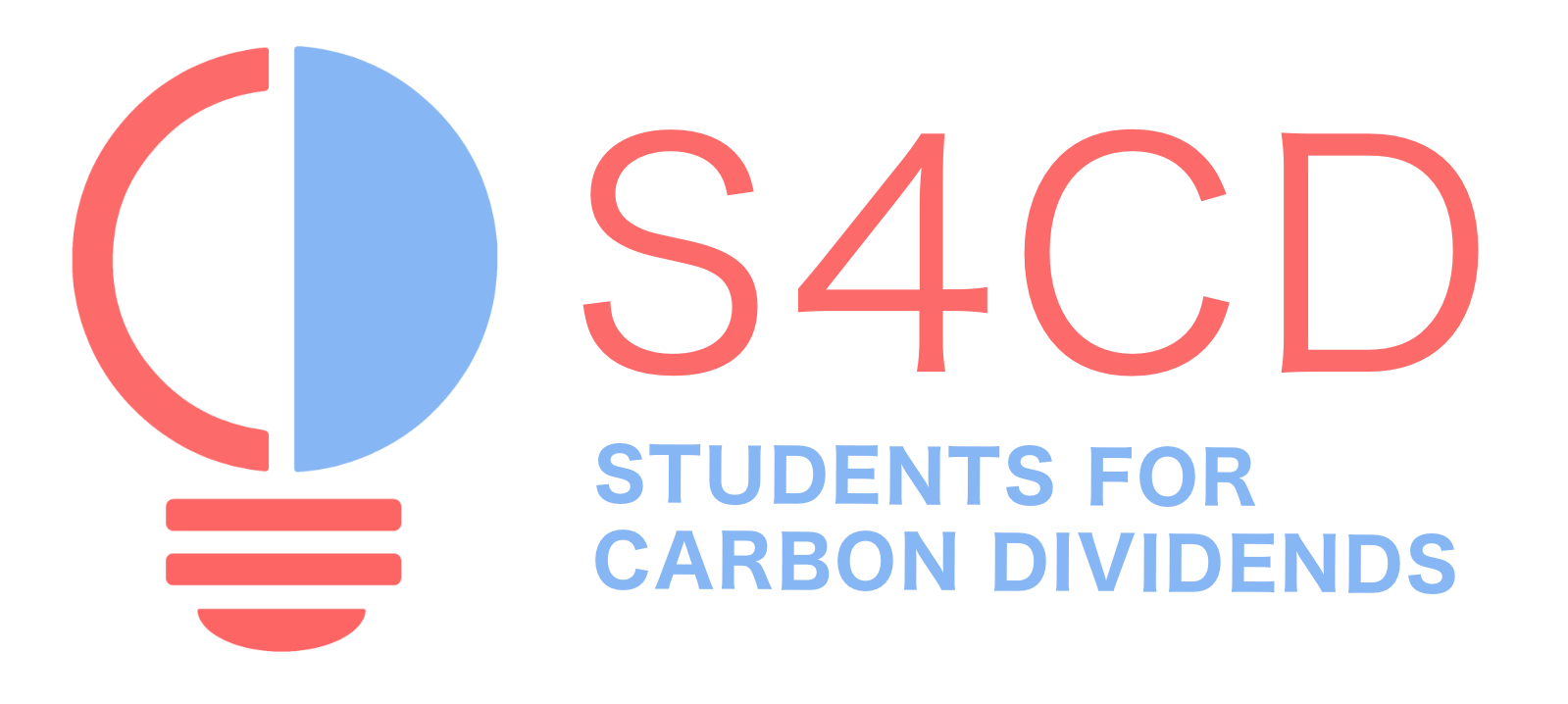Politico Op-Ed: How to Make Climate Change a Bipartisan Priority
How to Make Climate Change a Bipartisan Priority
By Ryan Costello (R-FL) and Francis Rooney (R-FL)
Ryan Costello, a Republican from Pennsylvania, served in the House of Representatives from 2015 to 2019 and was a member of the Climate Solutions Caucus.
Francis Rooney, a Republican from Florida, served in the House of Representatives from 2017 to 2021 and was the co-chair of the bipartisan Climate Solutions Caucus.
Fmr. Congressmen Francis Rooney (R-FL) and Ryan Costello (R-PA) are out with an important new op-ed in Politico on the imperative to make climate a greater bipartisan priority, and what’s needed to actually make that happen.
As they write:
“As a divided Congress gets underway, the environmental movement must confront a fundamental, and perhaps uncomfortable, reality: The U.S. will not be able to successfully address climate change without bipartisanship.
This is not to discount last year’s passage of the Inflation Reduction Act, which Democrats squeezed through Congress without any GOP votes. However, there is still much work to do on climate and likely a decade’s wait, or longer, until Democrats again secure unified control of government. In the last half century, neither party has recaptured full control of Washington, after losing it, in fewer than 10 years. In the post-World War II period, the average time it has taken is 14 years. At this pace, it will be 2033, 2035, or 2037 before Democrats again hold the House, Senate and White House.
We simply cannot wait that long to pass additional climate legislation. The stakes are too high and the time is too short, especially in light of increasingly frequent and visible climate impacts. So relying exclusively on Democrats for continued climate progress would be a strategic blunder. Bipartisanship is the only assured path to decarbonizing at scale and speed.
Despite this reality, the climate movement has done far too little to lay the groundwork for bipartisan action. For years, philanthropists have poured money into progressive climate groups, while largely overlooking opportunities to engage right-of-center communities on this topic. The data bear this out. According to an analysis by Northeastern University, less than 2 percent of climate philanthropy has gone to engaging conservatives on climate change. On a very practical level, this imbalance misses an opportunity to build a broader tent and delays the elevation of climate as a bipartisan priority.”
Read the full op-ed here.


